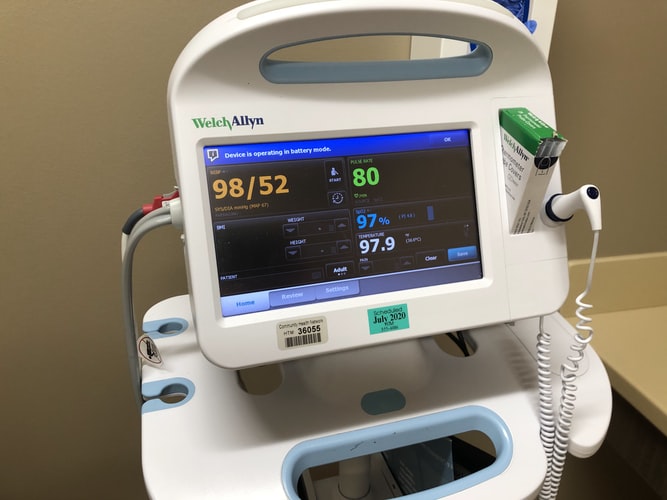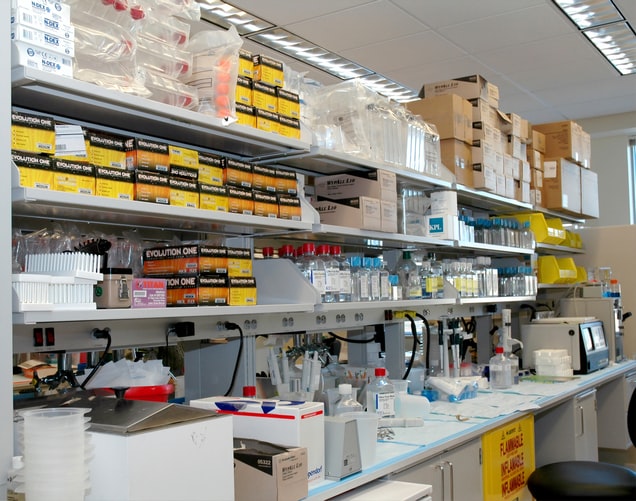CDISC standards are a set of standards which are used within clinical trials in order to ensure that each clinical trial is carefully monitored and executed to ensure that the trials are being completed to a high overall standard. These sets of standards contain a unique set of guidelines and guidance about how trials should typically be conducted.
What Are The CDISC Standards?
The CDISC standards are the current gold standard in the healthcare industry. They were created by the American Registry for Diagnosis and Treatment of Adult Diseases (ARDAT) and the Center for Medicare and Medicaid Services (CMS). The term “CDIS” refers to the Common Data Interface Standard. The current standards are in place to establish uniform, interconnectable and usable patient information across the healthcare data network.

The CDISC standards were created to define and standardized methods for transfer of data from one healthcare entity (in this case, a hospital) to another. This would allow for the exchange of data between the two entities without compromising HIPPA or other confidential information that would be required if the information was not classified as confidential. The CDIS will allow for the transfer of a patient’s demographic data, baseline diagnostic data, medications prescribed, pathology reports, progress notes, case management notes and therapeutic drug information. It is important that all parties involved in a healthcare exchange take these guidelines seriously because they will dictate the types of connectivity that can and cannot be used to transfer the information.
The primary goal of the CDIS standards is to establish a uniform infrastructure throughout the healthcare data management system that will allow for the exchange of all types of healthcare data between different entities that may have varying needs to utilize this information. There are four core components that make up the CDIS standards: the clinical data management application (EDM), the client-server application (CSAP), the data management workflow application (DMWA) and the information source application (ISA). The EDM is the central repository that stores all the data that is needed by all the parties involved in the exchange of information. The CSAP is the application that provides the infrastructure for the exchange of the EDM and the clinical study records. The CMS is the central clearinghouse for the entire system and makes sure all parties involved to comply with the regulations.

Better Data Collation
Since all the parties involved in a healthcare exchange must abide by the rules of the CDIS standards, the metadata is what is at risk if something is not done to protect it. The CDIS standards are very specific in the requirements that must be met to satisfy the needs of the various parties involved in the data exchange. Metadata is defined as any data that has a significant purpose or meaning apart from being used to describe a specific entity. This definition now encompasses all the elements of the EHR and the clinical data management system as well, hence the need to standardize the metadata to make it consistent and easily accessible.
The CDIS submissions are also governed by the codes of principles that were established by the Joint Commission. These include quality, standards, research design standards and ethical principles. There are many issues that are included in the codes of principles and it is important that they are strictly followed to ensure that the data management is reliable and efficient. The collaboration of the different parties involved in the data exchange helps to ensure that all the parties involved have a common goal when working on the data management and ensure that the codes of principles are strictly followed to ensure the quality of the data and its suitability for the particular purposes. This is the reason why the collaboration of all the parties is important when there is a need to standardize the data.

Conclusion
There are many companies involved in the production and development of the CDIS standards. One such company is Ab Initio, a San Francisco based company that has been in the business of electronic data capture and quality assurance for more than 30 years. They have come out with their own set of CDIS standards called the ACIS certification which is designed to help people and organizations that use electronic data capture to maintain quality standards and comply with the CDIS guidelines.
If you want to have the best CDIS standards then it is imperative that you have a firm that follows these guidelines to get your projects done according to the planned level of quality. The right company will save time, money and energy by ensuring compliance with the standards.


A creative writer and image critic specialising in the intersection of architecture and visual culture, with a focus on contemporary design aesthetics and photographic composition.

